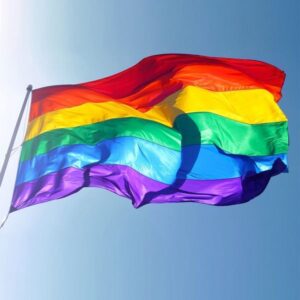Next Steps
You can download the wedding information pack for the current year. This will give you plenty of further information including the statutory and local fees.
Marriage Booklet 2024
Banns-Application- 2024
Legal information
Everyone resident within the parish boundaries has a right to be married by banns at St Mary’s so long as there is no legal impediment. You do not need to have been baptised. It is also possible to be married at St Mary’s if you can show that you have a historical connection with the Church (e.g. you used to live in the parish, your parents or grandparents were married here; or you were baptised at St Mary’s.
Church Members are also able to be married at St Mary’s. Becoming a member means worshipping here regularly (at least twice a month for 6 months) and applying to go on the Church Electoral Roll (which isn’t the same thing as the local government electoral register). You have to be baptised.
The Church of England
Marriage in the Church of England can be authorised in a number of ways.
I. Banns are the easiest and most commonly used method. They involve notice of your forthcoming wedding being read out in both the bride and the groom’s parish churches on three Sundays in the period three months before the wedding. If you both live in the same parish that is all that you need to do but if one of you lives in another parish banns will have to be called there too. It is customary for couples to attend the calling of their banns. These will take place during the main act of worship on Sundays. Attendance will help you feel more comfortable with the church surroundings and this will have obvious benefits in terms of your nervousness on the big day.
II. Licences are a quicker method than banns but more expensive. A common licence is usual where one or both people are foreign nationals, and a Special licence allows people to be married without the usual requirement of living in the parish or belonging to the Electoral Roll.
III. Superintendent Registrar’s Certificate. This is becoming a more common way of getting married for those where Banns or Licences are for some reason difficult. We now encourage many foreign nationals (especially Non-EU or non-Commonwealth Citizens) to use this route.
Full details on each of these ways of getting married can be obtained at Office Hour.
Read more about Marriage in the Church of England:
The text of the 1928 (old language) wedding ceremony
The text of the modern language (Common Worship 2000) wedding ceremony
The text of the 1662 (very old language) wedding ceremony

